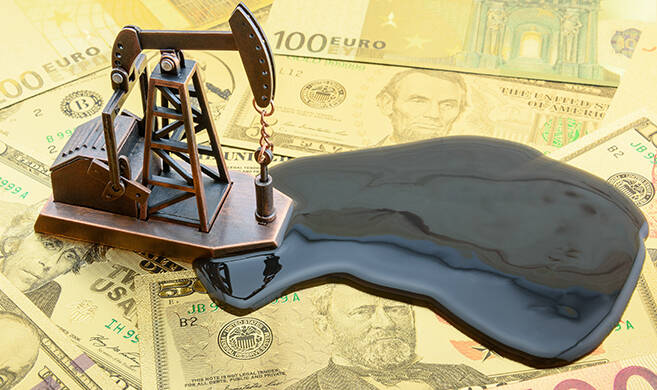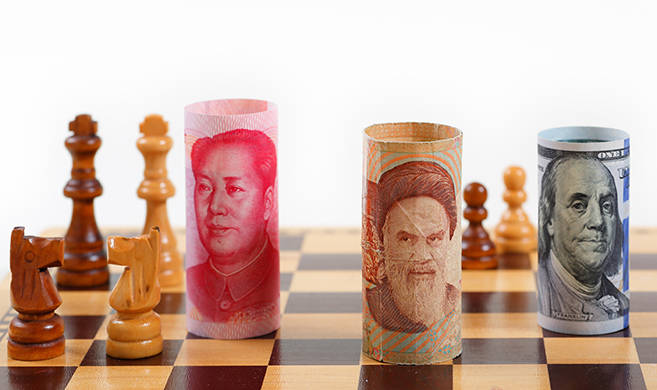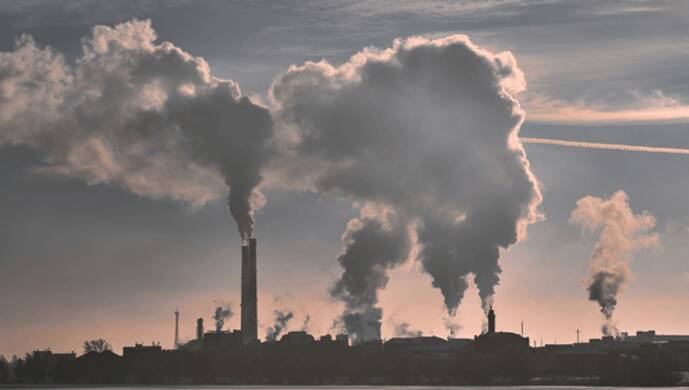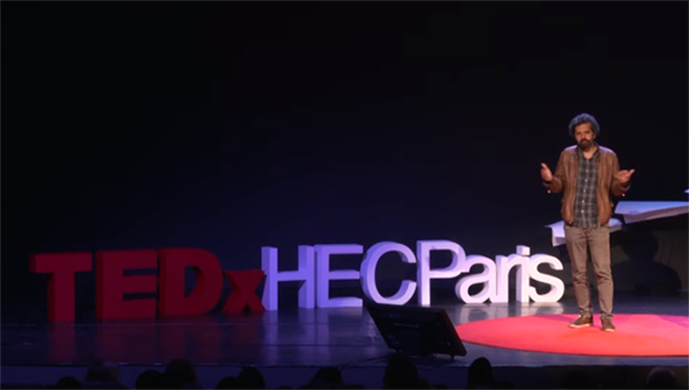The September 14th 2019 attacks on oil facilities in Abqaiq and Khurais took approximately 5 mb/d of extraction capacities, representing about 5% of the global oil supply and about 70% of the Saudi export potential, out of the market. Such a disruption could have had a potentially devastating effect for the global economy at a time when (i) the global oil demand goes up by a well above-average 1.4 million barrels per day annually, (ii) oil supplies from Iran and Venezuela have dropped consistently due to sanctions and geopolitical pressure, (iii) the Kingdom of Saudi Arabia together with Russia had already cut significant oil production capacities in a bid to rebalance the oil market globally and (iv) considering that Saudi Arabia represents some 10% of the global oil trade.
However it only took a very few days for the Saudi oil production to revert back to the pre-attacks level, and the oil price to drop back to 57 $/bbl from some 70 $. This is due to a situation of global excess liquidity on the market (supplies outstrip demand) which geopolitical tensions lead us to overlook. The fact is that (i) the Kingdom of Saudi Arabia sits on a level of spare (unused) capacity as high as 1.8 mb/d on average, (ii) is in the process of commissioning new extraction capacities for about 2.5 mb/d and (iii) the US shale oil production is now reaching an unprecedented level of 18 mb/d, by far the largest oil producer in the world.
It only took a very few days for the Saudi oil production to revert back to the pre-attacks level, because of global excess liquidity on the market (supplies outstrip demand) which geopolitical tensions lead us to overlook.
It seems that, no matter what, the oil price is set to remain under control and the latest declaration of the Saudi oil minister that “oil supplies will be disrupted and oil prices will jump to unimaginably high numbers that we haven’t seen in our lifetimes” is hard to believe. During the Iran-Iraq war (1980-1988), the supply cut was as high as 9 mb/d, and the oil price already fell as a result of a global excess capacity already. The most serious risk facing the market could however be the Kingdom of Saudi Arabia’s decision to take military action against Iran.
The most serious risk facing the market could however be the Kingdom of Saudi Arabia’s decision to take military action against Iran.
Will China be the biggest victim?
China’s oil demand increases by some 0.5 mb/d yearly, but Chinese oil demand growth is clearly due to ease over the upcoming 5 years. China’s oil imports from Saudi Arabia have gone up significantly over the past year, from 0.8 mb/d to almost 2 mb/d, a level which represents nearly 30% of the Kingdom’s export capacity. At the same time, China increased its exposure to Saudi supplies in a bid to reduce its imports from Iran, which have been cut to a very low level of around 0.2 mb/d or less. Although China is intent upon showing its independence from US foreign politics (including imposed sanctions on Iran), China is clearly not willing to be exposed to any form of potential US sanctions, which would complicate the US-China trade tensions further. The US is in the process of becoming a net exporter of oil this year. US oil exports are anticipated to be up to 2 mb/d in 2020 and a significant share of US exports will go to Asia.
Although China is intent upon showing its independence from US foreign politics, China is clearly not willing to be exposed to any form of potential US sanctions, which would complicate the US-China trade tensions further.
Two different shocks are pushing the oil price in opposite directions: (i) the attacks on Saudi facilities, or the sanctions against Venezuela or Iran, are taking oil production facilities out of the market, therefore pushing the prices up, whilst (ii) the US-China trade tensions cause a general fear of a deteriorating global economic outlook which will reduce oil demand significantly and generate a surplus of supply over demand. The last one has potentially a lot more impact on prices today than the first one.
What is your point of view on "energy independence"?
“Energy independence” normally is a public policy objective whereby certain policy and regulatory decisions are made to ensure energy security of supply and protect a country’s national market from either its over-reliance on imports or its over-exposure to erratic international prices. One typical example of energy independence policy is, in the 1970s and 1980s, the decision of France to develop a nuclear power generation capacity close to almost 80% of the domestic electricity demand. Such a policy normally has a cost. Although that did not happen in the French case, sometimes the cost of domestic energy supplies could move away from the international market price.
People who believe in free-market mechanisms argue that a well-designed, well-supplied and efficient market delivers both a price and security of supplies (at that price). The decision to organize a global oil market in the 1980s, with an almost single oil price for all transactions globally, was intended to deliver both price transparency and oil security, which it did deliver at the cost of a considerable volatility.
The decision to organize a global oil market in the 1980s was intended to deliver both price transparency and oil security, which it did deliver at the cost of a considerable volatility.
Cover Photo Credit ©William W. Potter on AdobeStock










